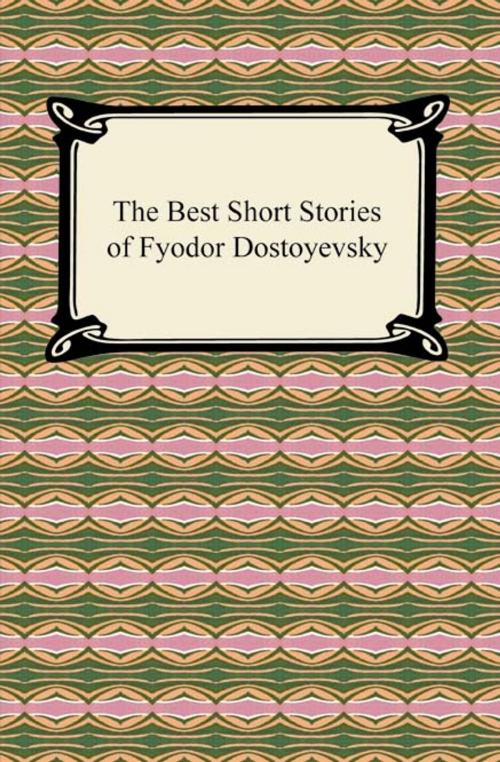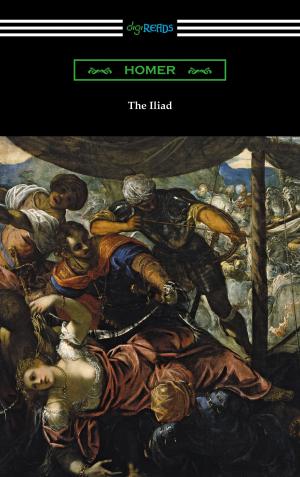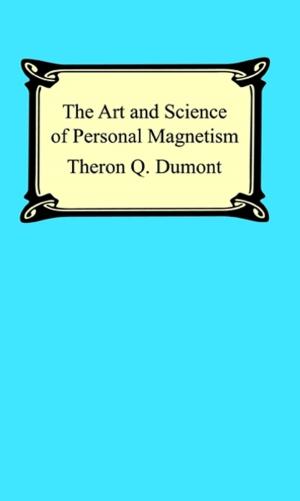| Author: | Fyodor Dostoyevsky | ISBN: | 9781420939590 |
| Publisher: | Neeland Media LLC | Publication: | December 15, 2009 |
| Imprint: | Digireads.com Publishing | Language: | English |
| Author: | Fyodor Dostoyevsky |
| ISBN: | 9781420939590 |
| Publisher: | Neeland Media LLC |
| Publication: | December 15, 2009 |
| Imprint: | Digireads.com Publishing |
| Language: | English |
After a brief military career, the illustrious Russian author Fyodor Dostoyevsky quickly turned to writing as a profession with the publication of his first novel, "Poor Folk," in 1846. This novel sparked a literary career that would eventually cement Dostoyevsky's reputation as one of the greatest novelists of the nineteenth century. Early participation in a literary/political group landed the writer in exile in Siberia for nearly a decade, an experience which had a profound influence on Dostoyevsky's understanding of fate, the suffering of human beings, and resulted in a powerful religious conversion experience. Dostoyevsky's works are marked by his penetrating exploration of psychology and morality, which are today cited as highly 'existentialist.' This definitive collection of Dostoyevsky's short stories includes: White Nights, An Honest Thief, A Christmas Tree and a Wedding, The Peasant Marey, Notes From Underground, A Faint Heart, and The Dream of a Ridiculous Man.
After a brief military career, the illustrious Russian author Fyodor Dostoyevsky quickly turned to writing as a profession with the publication of his first novel, "Poor Folk," in 1846. This novel sparked a literary career that would eventually cement Dostoyevsky's reputation as one of the greatest novelists of the nineteenth century. Early participation in a literary/political group landed the writer in exile in Siberia for nearly a decade, an experience which had a profound influence on Dostoyevsky's understanding of fate, the suffering of human beings, and resulted in a powerful religious conversion experience. Dostoyevsky's works are marked by his penetrating exploration of psychology and morality, which are today cited as highly 'existentialist.' This definitive collection of Dostoyevsky's short stories includes: White Nights, An Honest Thief, A Christmas Tree and a Wedding, The Peasant Marey, Notes From Underground, A Faint Heart, and The Dream of a Ridiculous Man.















